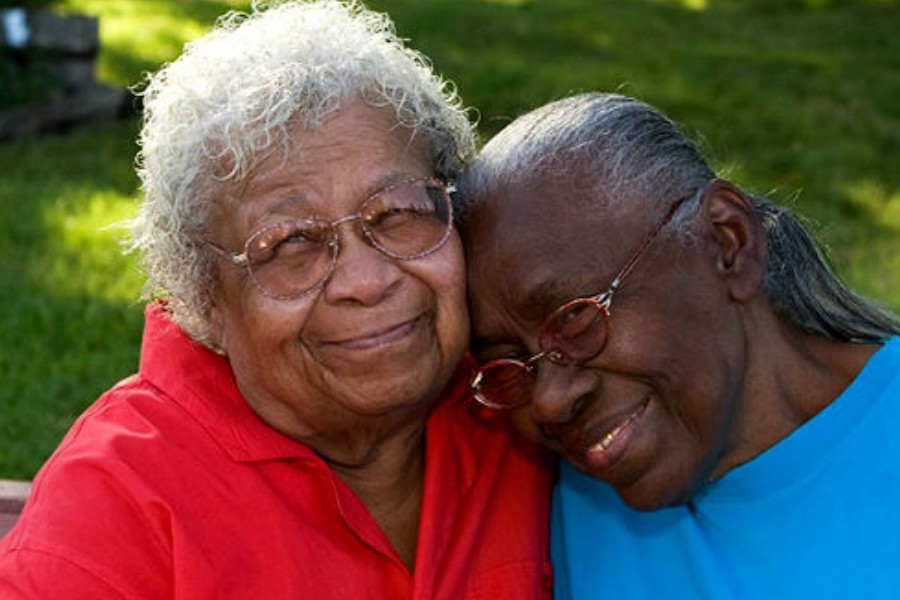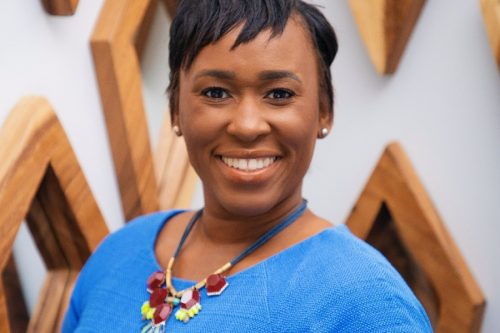
As New York’s population ages, the state stands at the forefront of a demographic shift that presents challenges and opportunities in elderly care.
With a diverse, rapidly growing elderly population, New York’s unique geographic, cultural, and economic landscape demands a multifaceted approach to care. This article delves into the critical considerations necessary for providing effective elderly care across the Empire State, from New York City’s bustling streets to the Adirondacks’ tranquil expanses.
Understanding the Aging Population in New York
New York is witnessing a significant surge in its elderly population, with predictions indicating a marked increase in residents over 65 shortly. This upward trend represents a rise in numbers and the broad spectrum of cultures, languages, and socioeconomic backgrounds that characterize New York’s aging citizens, each bringing unique care needs and preferences. This diversity underscores the need for a nuanced and flexible approach to elder care, exemplified by reputable agencies like True Care. They provide services attuned to the varied backgrounds of New York’s elderly, embodying the necessary cultural competence and economic accessibility.
As this demographic grows, New York is presented with both a challenge and an opportunity to evolve its care services. The state must innovate and adapt its elder care models to effectively cater to a wide array of requirements, ensuring that the care system can meet the needs of its diverse and expanding elderly population efficiently.
Challenges Within the Healthcare System
New York’s healthcare system faces significant challenges, including hospital bed shortages and a growing demand for skilled home care professionals, affecting elderly care quality and availability. Addressing these issues requires a collaborative approach from policymakers, healthcare providers, and the community. Policymakers must enact supportive regulations and funding, while healthcare providers should focus on staff training and innovative care models.
Community involvement is also crucial, offering additional support through volunteer efforts and local initiatives. Together, these strategies can improve the healthcare system’s capacity to provide high-quality care to the elderly population.
Tailoring Care to Diverse Needs
Culturally Competent Care for a Diverse Elderly Population
The diversity of New York’s elderly population necessitates culturally competent care. This approach goes beyond language translation services to include a deep respect for cultural practices and preferences in care planning. Programs that exemplify culturally competent care are vital in ensuring that elderly care is effective and respectful.
Addressing Specific Health Conditions
Specialized services that focus on prevalent health conditions among the elderly, such as dementia and chronic diseases, are crucial. These programs, tailored to the unique needs of New York’s aging population, play a pivotal role in managing health outcomes and enhancing quality of life.
Leveraging Technology in Elderly Care
Technological advancements are reshaping elderly care, offering new ways to enhance care accessibility and efficiency. Telehealth, remote monitoring, and mobile health apps are pivotal in this transformation, enabling healthcare providers to provide continuous care remotely. These technologies facilitate virtual medical consultations, real-time health monitoring, and personal health management, significantly benefiting seniors with mobility issues or those in remote locations.
By integrating these digital solutions, elderly care becomes more proactive and personalized, improving health outcomes and promoting independence among seniors. As technology in healthcare advances, it promises to streamline care delivery further and support the well-being of the elderly population.
Promoting Independence Through Personalized Care Plans
Personalized Care: Meeting Individual Needs
Personalized care plans are a cornerstone of effective elderly care, particularly in a state as diverse as New York. Tailoring care to meet each individual’s specific needs and preferences promotes independence and significantly improves their quality of life. By assessing each older adult’s health status, living conditions, and personal preferences, caregivers can develop a care plan that supports autonomy while ensuring safety and well-being. This personalized approach is crucial in a state where the elderly population comes from myriad backgrounds, each with its expectations and needs from care services.
The Impact of Personalized Plans on Independence
The ability to customize care plays a pivotal role in maintaining the independence of New York’s elderly. Personalized care plans often include components like mobility assistance, medication management, and cognitive exercises, all contributing to a senior’s ability to live as independently as possible. Furthermore, by incorporating the elder’s personal preferences and routines into their care plan, caregivers can provide support that feels less intrusive and more in harmony with the individual’s lifestyle, enhancing their autonomy and dignity.
Conclusion
Caring for the elderly in New York requires a comprehensive understanding of the state’s diverse and dynamic environment. By addressing the unique demographic, geographic, and socioeconomic factors, we can develop a care system that is both responsive and respectful of the needs of New York’s aging population. As we look to the future, embracing innovative solutions, community support, and cultural competence will be vital in ensuring that the elderly in New York receive the care and respect they deserve.
- Wells Fargo Shares Economic Impact From Open For Business Fund
- Harlem Rallies For Kamala Harris: A Historic Gathering Of Black Women Leaders
- In Conversation With Ketanji Brown Jackson At The Apollo Theater In Harlem
- Chancellor David C. Banks Appoints Simone Hawkins As Deputy Chancellor For Early Education
- Vibrant Summer Styles Are Making A Comeback 2024
Become a Harlem Insider!
By submitting this form, you are consenting to receive marketing emails from: Harlem World Magazine, 2521 1/2 west 42nd street, Los Angeles, CA, 90008, https://www.harlemworldmagazine.com. You can revoke your consent to receive emails at any time by using the SafeUnsubscribe® link, found at the bottom of every email. Emails are serviced by Constant Contact









